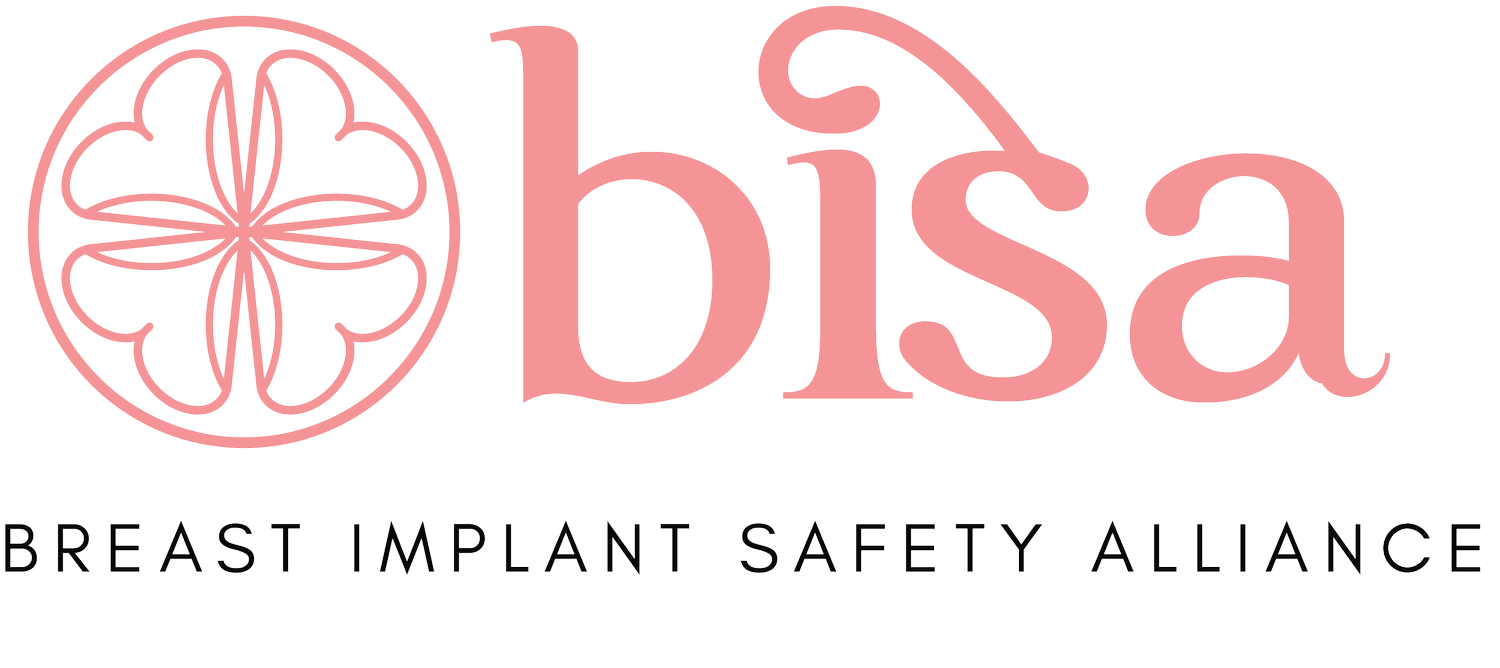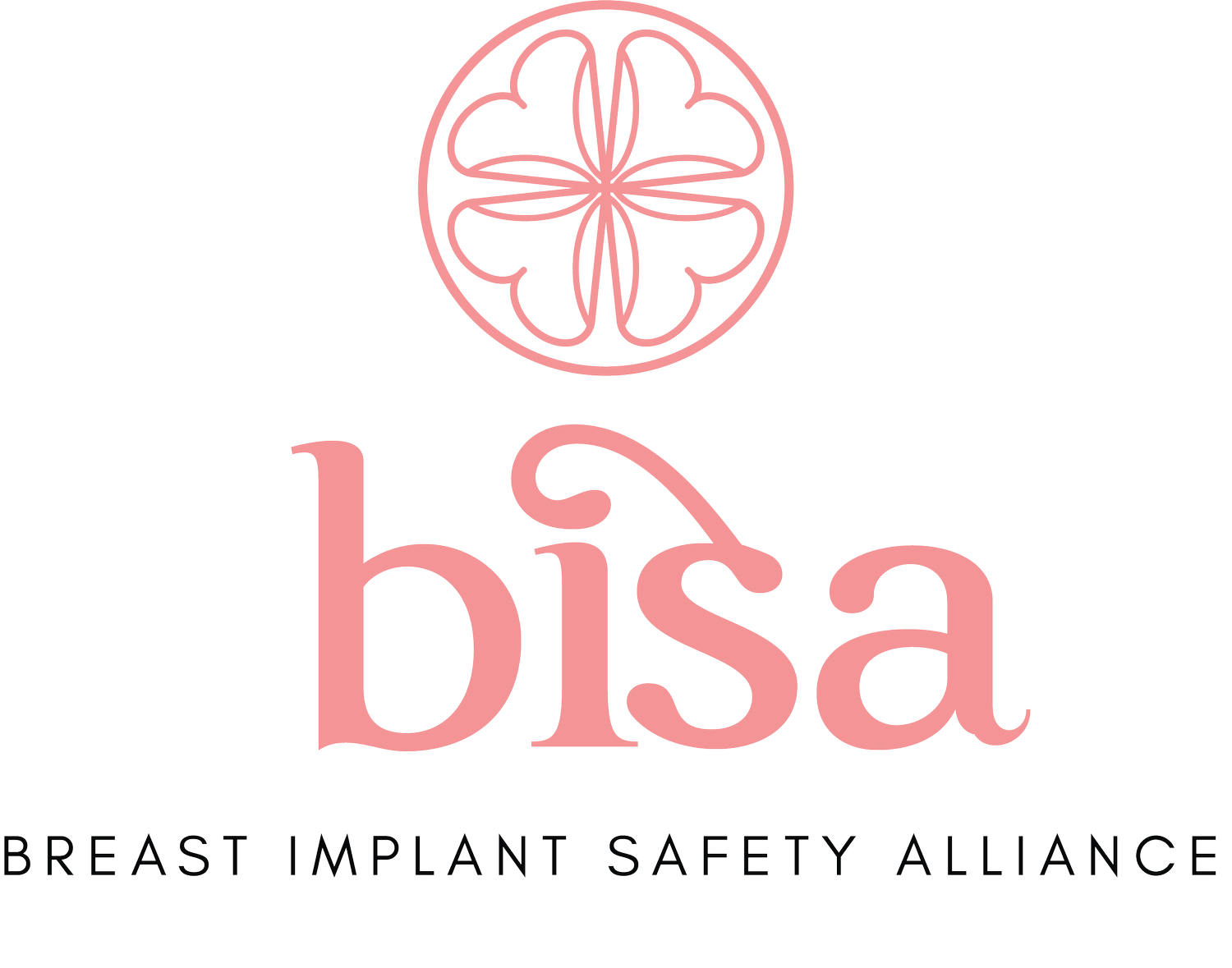Breast Implant Illness Awareness Day: Shedding Light on Patient Experiences and Advocacy
Every year, Breast Implant Illness (BII) Awareness Day serves as a critical moment to highlight the struggles faced by individuals experiencing health complications related to breast implants. Recognized on February 13th, this day amplifies voices that have long been dismissed, advocating for research, transparency, and honest informed consent.
What is Breast Implant Illness (BII)?
BII refers to a collection of symptoms—such as chronic fatigue, joint pain, brain fog, and autoimmune-like issues—that many individuals report experiencing after getting breast implants. While industry and the medical community debate the mechanisms behind these symptoms, patient reports and growing scientific interest have driven major regulatory changes. The FDA now requires a black box warning on breast implants, acknowledging potential risks including various cancers.
Advocates, including nonprofit organizations and patient-led groups, use this day to educate, support, and push for change. Social media campaigns, personal testimonies, and awareness events help spread the message that informed choice matters and that every patient deserves to have the full picture before undergoing implant surgery.
Breast Implant Illness Awareness Day is not just about recognition—it’s about action. It’s a call for better research, stronger regulations, and most importantly, listening to patient voices. Patients share personal experiences with breast implants using hashtags like #breastimplantillness #breastimplantstories #biiawareness #biaalcl #biaalclawareness. Consider sharing your experience on social media or with BISA by filling out our Share Your Story form.
FDA Medical Device Reports of Systemic Symptoms in Women with Breast Implants
As of June 30, 2024, the FDA has reviewed Medical Device Reports (MDRs) related to systemic symptoms experienced by women with breast implants, often referred to as Breast Implant Illness (BII).
Key Findings:
✔ Common Symptoms Reported: Fatigue (41.1%), joint pain (30.9%), anxiety (22.9%), autoimmune diseases (22.6%), brain fog (22.5%), hair loss (19.6%), and depression (16.9%).
✔ Time to Onset: Symptoms appeared anywhere from immediately after implantation to 42.5 years later, with an average onset time of 5.6 years.
✔ Implant Removal & Symptom Improvement: Of the 4,210 women who had their implants removed, only 785 provided information on symptom status post-removal—with 687 (87.5%) reporting improvement and 98 (12.5%) experiencing no change or worsening symptoms.
FDA's Position & Limitations of MDR Data:
BII is not yet a recognized medical diagnosis, and there are no standardized tests to confirm it.
MDRs are a passive surveillance system, meaning the true number of affected women may be underreported due to missing or duplicate data.
The FDA will continue monitoring these reports and provide updates as needed.
What Everyone Should Know About BII
✔ BII Symptoms Can Develop at Any Time – Symptoms have been reported anywhere from right after surgery to years later, with an average onset of 5.6 years after implantation.
✔ Thousands of Women Have Experienced These Issues – The FDA reviewed thousands and thousands of medical device reports (MDRs) from 2008-2024, showing a pattern of unexplained health problems in implant patients.
✔ Some Women Improve After Implant Removal – Among patients who had explant surgery, 87.5% of those who reported back said their symptoms improved.
✔ All Types of Implants Are Linked to Symptoms – Reports include both saline and silicone implants, textured and smooth surfaces, and all brands.
✔ Medical Professionals Should Take Patients Seriously – While research is still ongoing, women should not be dismissed when they report these symptoms. Many patients who were previously told their symptoms were “all in their head” saw dramatic health improvements after removing their implants.
✔ Patients Deserve Full Informed Consent – Women considering implants should be made fully aware of the potential risks, the possibility of long-term health issues, and the option for alternative reconstruction (like aesthetic flat closure).
What Should Patients Do?
If you already have implants and are experiencing symptoms, talk to a doctor familiar with BII and consider joining a support group for information and shared experiences.
If you are considering implants, ask your surgeon about the risks, request to see the FDA’s black box warning and informed consent checklist, and consider all your options before deciding.
If your symptoms are dismissed, keep advocating for yourself. Seek second opinions and track symptoms for your medical records.
If you are experiencing problems with breast implants, encourage medical professionals to report directly to the FDA or consider self-reporting to MedWatch because reporting is not mandatory and data is needed.
📌 Bottom Line: The FDA has acknowledged thousands of reports of systemic symptoms in women with breast implants. While research is ongoing, the voices of patients should not be ignored.
“BISA wants to keep women healthy, safe, and informed. ”
What All Women Should Know About Breast Implants in 2025
Breast implants come with risks many women are unaware of. The Breast Implant Safety Alliance (BISA), a leading nonprofit advocacy group, provides evidence-based information to help women make informed decisions.
Here are 5 important things all women should know:
Foreign Objects: Implants can trigger Breast Implant Illness (BII) or even cancers like BIA-ALCL. All implants contain silicone, and reactions vary by person.
Additional Surgeries: Implants aren’t lifetime devices—removal or replacement is often needed every 10 years, sometimes sooner due to complications.
Device Failure: Implants can rupture, leak, or harden, leading to health issues. Silicone leaks are often silent, requiring MRIs for detection.
High Costs: Insurance often doesn’t cover complications or removal. Additional screenings, surgeries, and treatments can be expensive.
Communication Gaps: Safety issues have been underreported, and some recalled implants were rebranded without notifying patients. The FDA recommends informed consent checklists, but use isn’t enforced.
Be Your Own Best Advocate
Knowledge is power. Knowledge is beautiful.
Research FDA guidelines and manufacturer warranties before getting implants.
Track your health and watch for signs of complications.
Keep records of your implants and medical history.
Report issues to the FDA MedWatch program—doctors aren’t required to report for you.
Stay informed by following BISA updates.
Read more about What All Women Should Know about Breast Implants in 2025.
References & Resources
BISA: What to Know About Breast Implants in 2025
BISA: Breast Implant Safety Updates
FDA: Medical Device Reports for Systemic Symptoms in Women with Breast Implants
FDA: Medical Device Reports of Breast Implant-Associated Anaplastic Large Cell Lymphoma
FDA: Labeling for Approved Breast Implants
FDA: Breast Implant Postmarket Safety Information
FDA: Breast Implants
Breast Implant Iatrogenics: Challenging the Safety Narrative
Is the FDA Failing Women?
About Breast Implant Safety Alliance (BISA)
The Breast Implant Safety Alliance (BISA) is the largest organization of board-certified patient advocates and subject matter experts in the world dedicated to patient and consumer safety relating to breast implants. Representing the millions of individuals worldwide that currently have, had, or are considering breast implants, the alliance is a non-industry funded leading authority dedicated to providing balanced, evidence-based information for informed decision making about breast implant surgery and related issues. Founded in 2019 by women, BISA is a grassroots nonprofit organization led by volunteers who do not receive a salary for their work.
Contact: Maria Gmitro, President | maria@bisanonprofit.org


